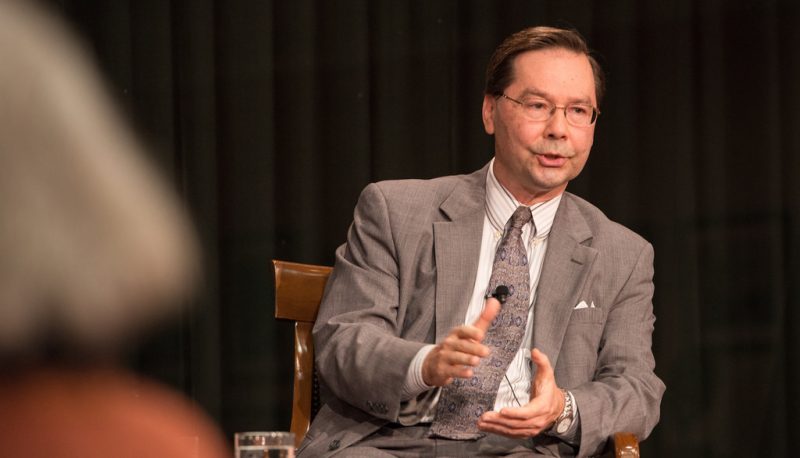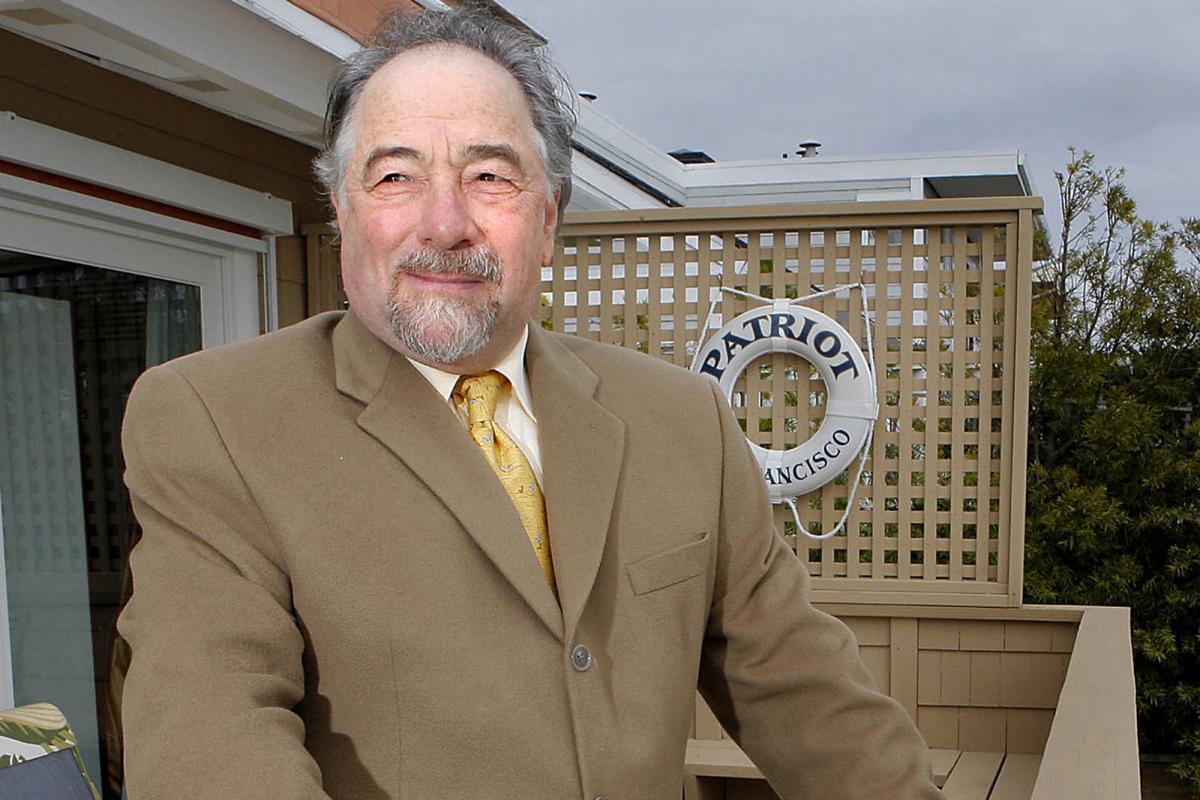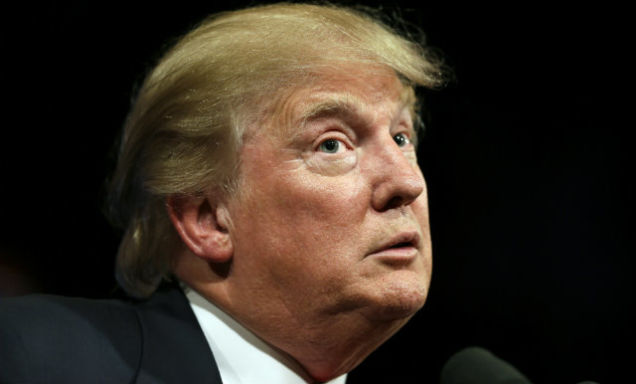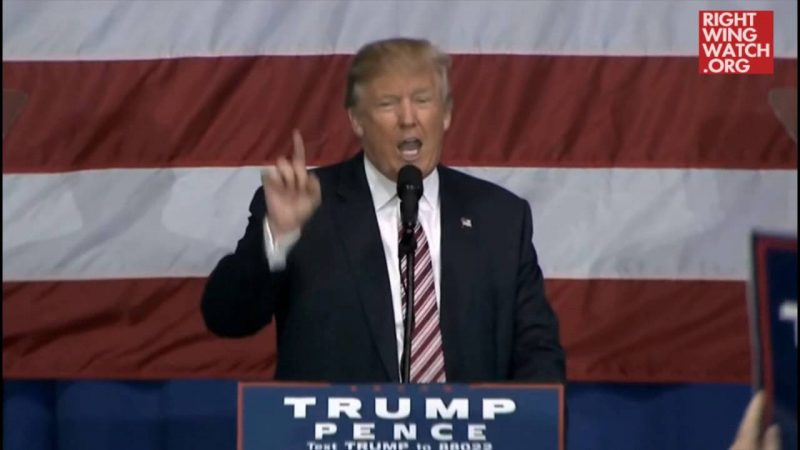When President Trump’s “commission on election integrity” had its first meeting last week, nobody was surprised that the commissioners—who include some of the most prominent “voter fraud” alarmists in the country—focused on the baseless fear of widespread individual voter fraud while barely mentioning the intelligence community’s findings that the Russian government worked to influence the outcome of the 2016 election.
Since then, some of the most outspoken commissioners have been defending the commission’s work in interviews, including the Heritage Foundation’s Hans von Spakovsky, who told conservative radio host Frank Beckmann today that widespread voter fraud is “real” while accusations that President Trump’s campaign colluded with Russian government officials seeking to influence the election are “imaginary.”
“Some might find it ironic that while all these investigations about Russian meddling are going on, it’s President Trump who wants to investigate voter fraud,” Beckmann prompted.
“Yeah,” von Spakovsky responded, “and I find it amazing that all the critics of this commission, who are making all kinds of hysterical claims against it, they don’t want to investigate the real problems we have and instead they want to push the federal government to investigate this imaginary Russian collusion problem.”
Von Spakovsky went on to dismiss criticism that the commission is meant as a cover for policies meant to suppress votes, calling it “bizarre” and “one of the dumbest complaints” about the commission.
Kris Kobach, the election panel’s vice chairman, similarly dismissed investigations into Russian meddling in an interview with “Breitbart News Daily” on Friday, saying that there’s a “huge irony” in liberals wanting to pursue the Russia issue while criticizing his commission.
While the alleged Russian interference represented “very indirect efforts to affect the way people think in the months leading up to the election,” he said, “That’s different than direct threats when someone goes in and votes who is not a U.S. citizen and casts a ballot and that changes the tally of an election. We’re talking about direct voter fraud here that the commission is looking at, versus what some Democrats are just harping about daily, which is, you know, emails that might affect the way some voters think.”








